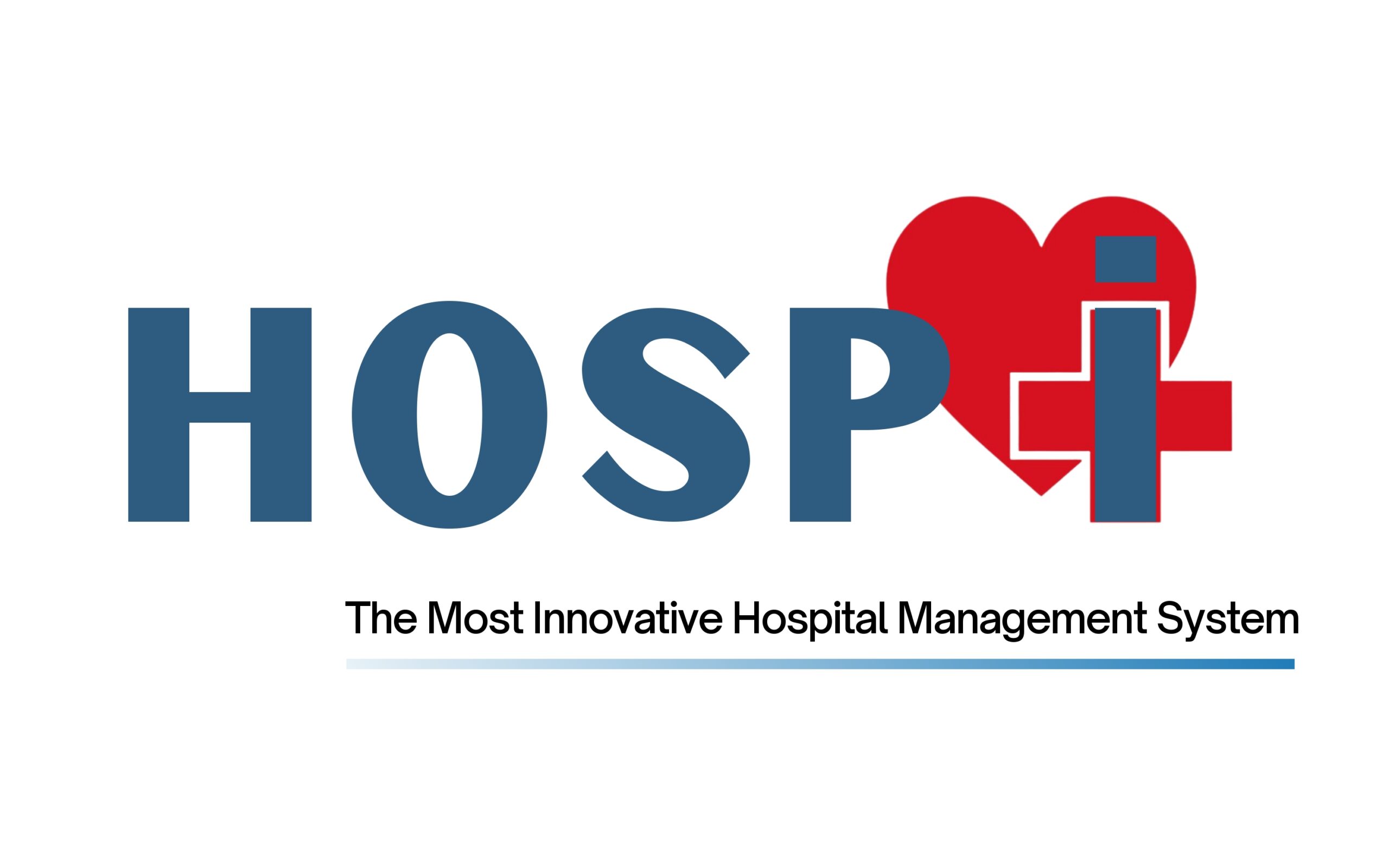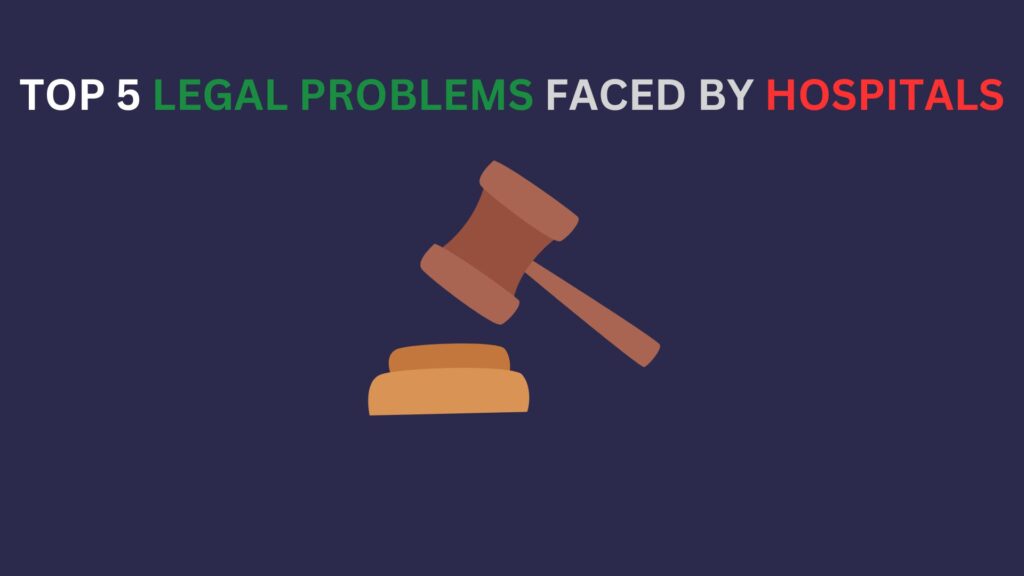Hospitals are one of the most critical institutions in our society, as they are responsible for providing medical care and saving lives. However, as with any other organization, hospitals also face various legal issues. Legal problems can arise in any aspect of hospital operations, from patient care to employment practices. In this blog post, we will discuss some of the common legal problems faced in a hospital.
Medical Malpractice
Medical malpractice is a common legal problem that hospitals face. It occurs when a healthcare provider fails to meet the standard of care expected of them, leading to harm or injury to a patient. Hospitals can be held liable for medical malpractice committed by their staff.
To prevent medical malpractice, hospitals need to ensure that their staff is adequately trained and that they follow the standard of care expected of them. Additionally, hospitals must have appropriate protocols in place for handling medical emergencies and reporting adverse events.
Patient Confidentiality and Privacy
Hospitals have a legal obligation to maintain patient confidentiality and privacy. Patient confidentiality refers to the obligation of healthcare providers to keep patient information confidential and secure. Patient privacy, on the other hand, refers to a patient’s right to control who has access to their medical information.
Hospitals must comply with federal and state laws related to patient confidentiality and privacy, such as the Health Insurance Portability and Accountability Act (HIPAA). Not complying with these laws can result in legal action and significant financial penalties.
Employment Law Issues
Hospitals are also subject to various employment laws and regulations, including discrimination, harassment, and wrongful termination. Hospitals must comply with federal and state employment laws and regulations, such as the Americans with Disabilities Act (ADA), the Family and Medical Leave Act (FMLA), and Title VII of the Civil Rights Act.
They must also provide a safe and healthy work environment for their employees. This includes providing appropriate training and protective equipment to employees who are at risk of exposure to infectious diseases.
Billing and Reimbursement Issues
Hospitals face another common legal problem: billing and reimbursement issues. Hospitals must comply with federal and state laws related to billing and reimbursement, such as the Medicare and Medicaid programs.
Billing and reimbursement issues can arise due to incorrect billing codes, improper documentation, or fraudulent billing practices. Hospitals must have appropriate billing and coding procedures in place and staff trained in them.
HIPAA
HIPAA is a federal statute that protects the privacy and security of patient health information. There regulations require hospitals to take steps to protect patient information, such as using strong passwords, encrypting data, and limiting access to patient records. Not complying with HIPAA regulations can result in civil and criminal penalties.
Here are some of the legal problems that hospitals face in relation to HIPAA:
- Unauthorized access to patient information: This can occur when a hospital employee gains unauthorized access to patient records, or when a hacker steals patient information from a hospital’s computer system.
- Improper use of patient information: This can occur when a hospital employee uses patient information for personal reasons, such as selling it to a third party or using it to commit insurance fraud.
- Disclosure of patient information without consent: This can occur when a hospital employee discloses patient information to someone who is not authorized to receive it, such as a journalist or a debt collector.
Conclusion
Hospitals face numerous legal challenges, and it is essential for them to have robust policies and procedures in place to prevent legal problems from arising. Hospitals can minimize their legal risk and focus on providing quality patient care by ensuring that their staff is adequately trained, providing a safe and healthy work environment, complying with patient confidentiality and privacy laws, and adhering to billing and reimbursement regulations. To read some more articles like this, Visit this site: https://hospi.info/blog/



